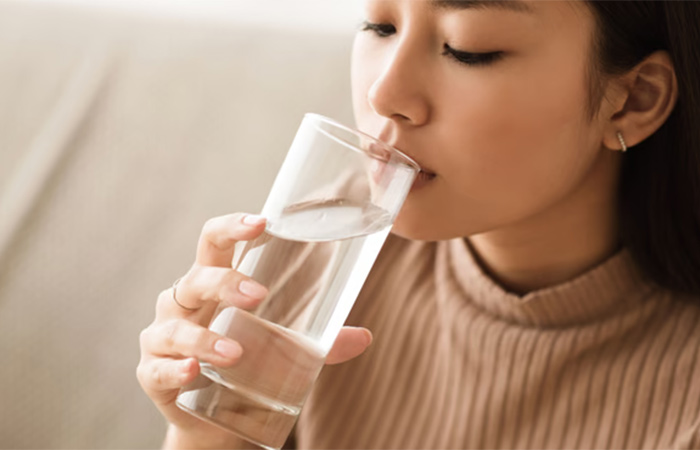
Water is essential for our overall well-being. It plays a crucial role in maintaining proper bodily functions, regulating body temperature, and supporting various physiological processes. We often hear the advice to drink enough water every day, but how much is enough? The answer to this question varies depending on several factors, including your age, sex, activity level, and overall health. In this article, we will explore the general guidelines for daily water intake and help you understand how to stay adequately hydrated.
The 8x8 Rule:
A Common Guideline You may have heard of the "8x8 rule," which suggests drinking eight 8-ounce glasses of water per day, totaling about 64 ounces or 1.9 liters. While this guideline is simple to remember, it may not be suitable for everyone. The 8x8 rule originated in 1945 when the Food and Nutrition Board of the National Research Council recommended approximately this amount of fluid intake. However, our understanding of hydration has evolved since then, considering individual needs and various circumstances.
Factors Influencing Water Needs
General Guidelines for Daily Water Intake Considering these factors, the Institute of Medicine (IOM) provides more comprehensive guidelines for daily water intake based on age and sex:
It's important to note that these recommendations include water from all sources, including beverages like tea, coffee, milk, and even the water content in food. Many fruits and vegetables also contribute to your daily water intake.
Monitoring Hydration Levels While general guidelines exist, it's important to pay attention to your body's signals and adjust your water intake accordingly. Factors such as thirst, urine color, and frequency can indicate your hydration status.
Thirst: Thirst is the body's way of signaling a need for water. However, it's worth noting that by the time you feel thirsty, you may already be mildly dehydrated. Therefore, don't rely solely on thirst as an indicator of when to drink water.
Urine color: Monitoring the color of your urine can be a useful way to gauge hydration. In general, pale yellow or straw-colored urine suggests proper hydration, while darker urine may indicate dehydration.
Frequency of urination: Adequate hydration typically results in regular urination throughout the day. If you find yourself urinating infrequently or experiencing concentrated urine, it may be a sign that you need to increase your water intake.
Tips for Staying Hydrated To help meet your daily water intake needs and maintain optimal hydration, consider the following tips:
Staying hydrated is crucial for maintaining optimal health and well-being. While the "8x8 rule" provides a basic guideline, it's important to consider individual factors such as age, sex, activity level, and health conditions when determining your daily water intake. Pay attention to your body's signals, monitor urine color and frequency, and adjust your water consumption accordingly. By doing so, you can ensure that you meet your body's hydration needs and promote overall wellness.
Established in 2013, FamilyNeeds.net is connected to your lifestyle and everyday life. Publish reviews of your life, style, fashion and essentials.